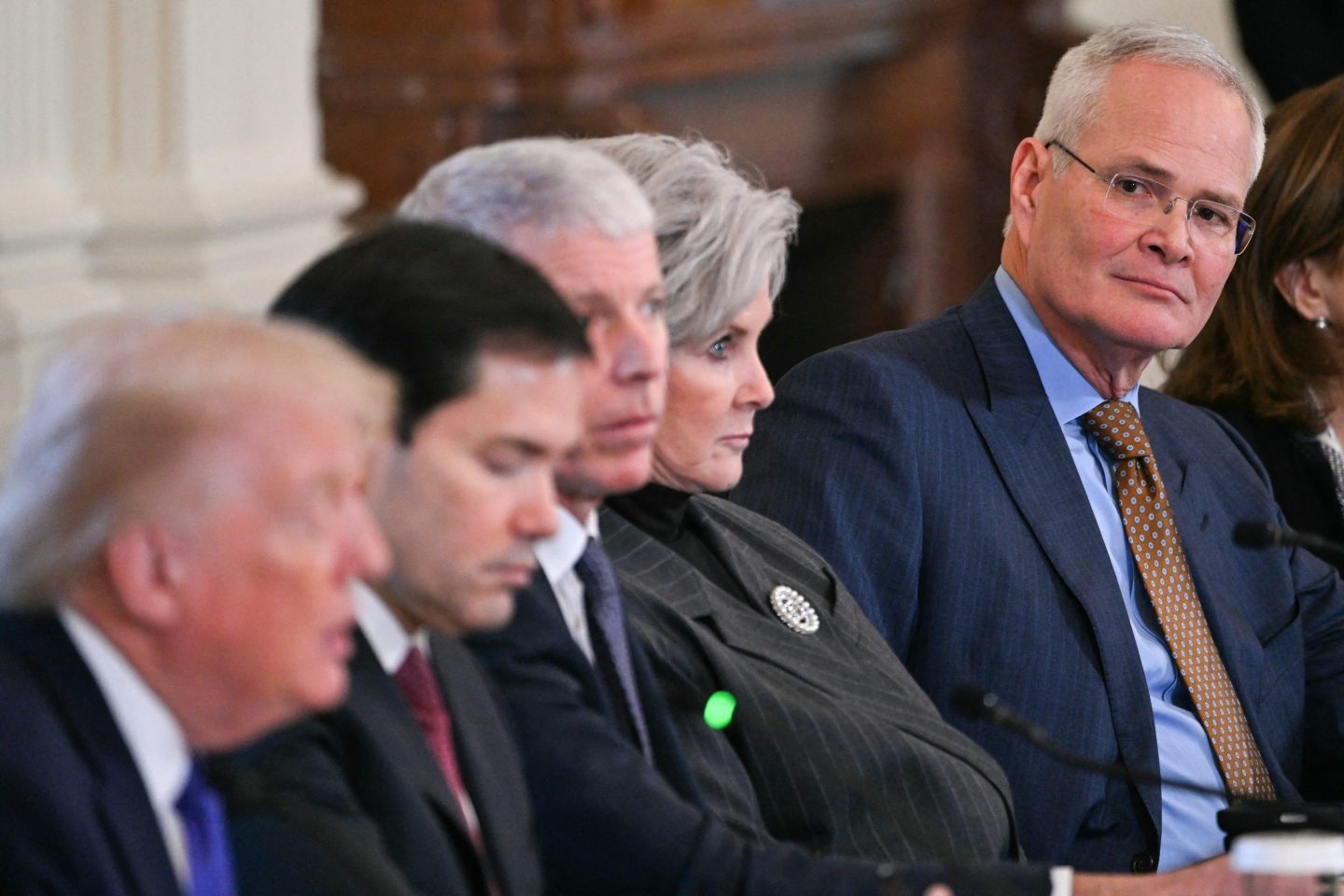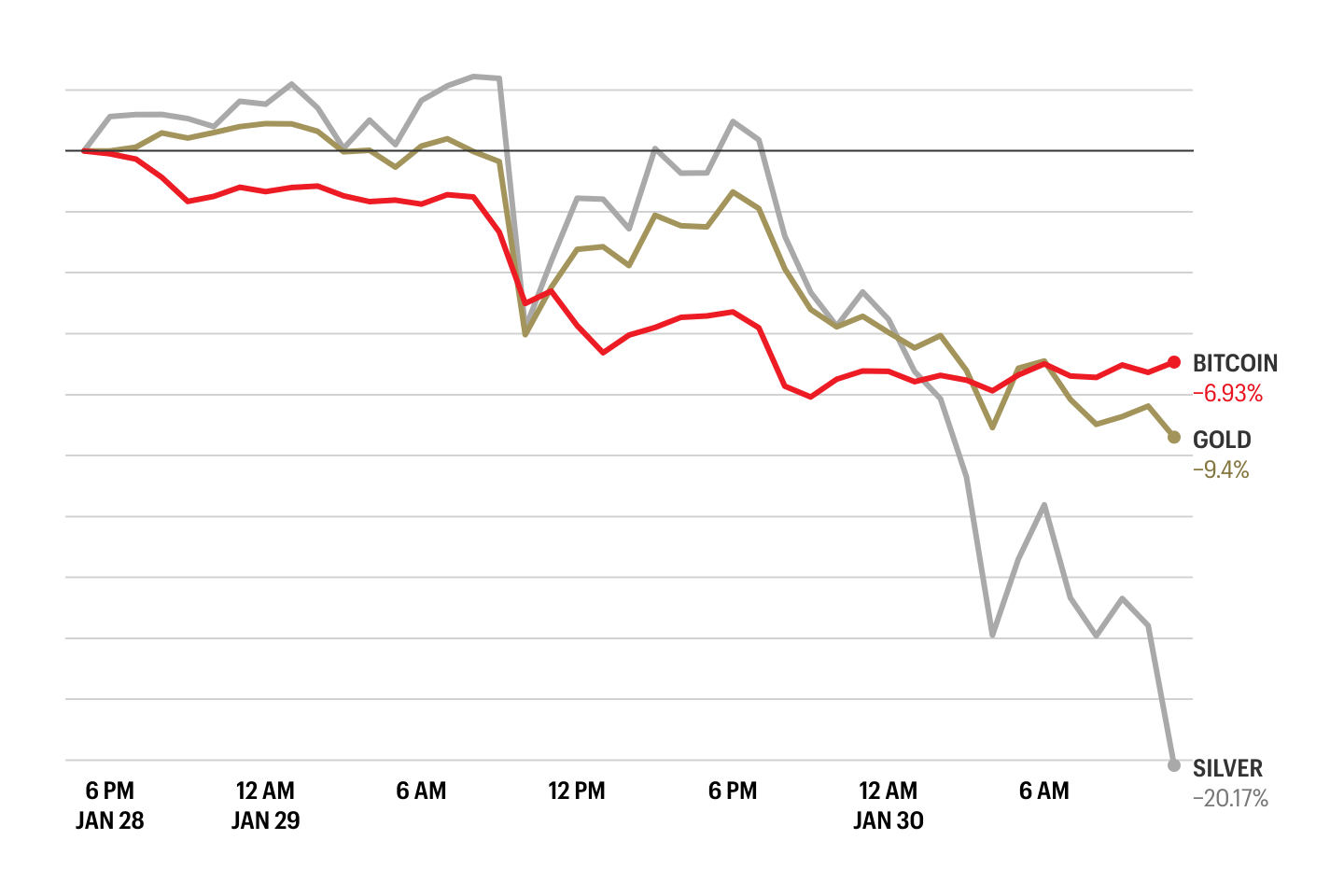Europe is gingerly trying to get back to business, with restrictions loosening across the continent as the spread of the coronavirus slows.
The German Spy Museum in Berlin opened its doors for the first time in weeks, bars in central Rome began offering takeaway services, and shaggy-haired Austrians flocked to barbers’ shops in Vienna.
With Italy, Spain, Greece, Portugal and Germany all relaxing some of their restrictions on Monday, Europe is settling down to a new normal as it returns to public life. It’s slower and less dynamic than before, and some restrictions will remain in place for weeks or even months, with face masks—ranging from clinical coverings to brightly colored homemade varieties—a ubiquitous reminder of the changes.
While the moves will ease pressure on economies, the partial reopening means it’s still far from business as usual. Under a “mild” scenario published by the European Central Bank on Friday, the euro-area economy will shrink 5% this year. More severe potential outcomes point to contractions of 8% and 12%, and output may not reach pre-pandemic levels until the end of 2022.
“We will be lucky if we earn a quarter of what we used to,” Stefano Capuzzi said during a short break from serving customers at the Trastevere Bar near the banks of the River Tiber in Rome. Having a coffee means enjoying a quick chat, “not running away with a hot plastic cup,” said the 42-year-old bartender, who nevertheless had sold more than 100 espressos and dozens of pastries in the early morning rush.
After more than 120,000 deaths in Europe, leaders are being careful in opening the economy amid concerns that a new spike in infections will make the crisis longer and deeper.
Austrian Chancellor Sebastian Kurz told Swiss daily newspaper Blick that a second wave is “a realistic scenario” and that the key question is “whether infections can be kept in check regionally and isolate patients quickly.”
For now, most of the data is reassuring. Germany reported the lowest number of new infections and deaths since at least March 30, and Spain’s daily fatalities and new cases hovered at lows last seen before restrictions were introduced in early March. Italy, Europe’s original epicenter, also recorded new cases and deaths that were around initial lockdown lows. France, which begins loosening confinement on May 11, reported more than 300 fatalities for the first time this month.
In Portugal, citizens are finally getting their hair cut as well, with barbers allowed to reopen along with small shops, bookstores and car dealerships. Malls and the largest stores will have to wait until June 1, while restaurants can start serving again on May 18 with capacity limited to 50%. The use of masks is required on public transport and in shops.
In central Athens, Hamosternas—one of the city’s main thoroughfares—showed signs of a gradual return to normality with more traffic than during weeks of lockdown. Customers at hair salons waited on the street rather than on sofas inside, while supermarkets and pharmacies became stricter about social-distancing measures as more people ventured out.
With outbreaks varying by severity and the pace of the openings also differing, the economic impact will be uneven. Germany’s gross domestic product is expected to fall 5.5% this year, according to Bloomberg Economics. In Italy, the shock may lead to a 13% contraction.
Several museums in the German capital are working out how they can minimize the health risks when opening up again. State-run museums including the Neues Museum, home to the famed Nefertiti ancient Egyptian bust, remain closed for now, but a Dali exhibit near Potsdamer Platz and the East Germany-themed DDR Museum near Alexanderplatz opened Monday for the first time since mid-March.
The Spy Museum was handing out free pens to attendees—not for taking notes on the artifacts of Cold War espionage like lipstick cameras and decoding machines—but to reduce the risk of spreading germs when operating touch-screens. Alongside time-slot tickets and glass barriers in front of ticketing personnel, the measures were some of the numerous ways, large and small, the pandemic is changing European life.
In Spain, which has been hit hard by the lockdown’s impact on tourism, traffic was sparse in the neighborhood around Real Madrid’s soccer stadium, with its normally bustling shops and restaurants. As “phase zero” of the government’s easing plan gets under way, some businesses worry about holding on.
At Zapataria Martos, a traditional cobbler in Madrid, Eduardo Martos is fatalistic about his prospects. Business has been in decline because fewer people wear leather shoes, and the crisis may finish off the shop that’s been in his family for 40 years.
“I’m going to give it until 2021 to see if things pick up,” said Martos. “If not, I’ll have to shut up shop and try something else like being an Uber driver.”
Europe’s easing road map
Italy
- May 4: Construction, manufacturing to resume; restaurants allowed to offer limited take-away services
- May 18: Retailers, museums to reopen
- June 1: Bars, restaurants, hair salons to possibly reopen
- Schools to remain shut until September
Spain
- April 28: Prime Minister Pedro Sanchez announces plans to return to a “new normal” over the next eight weeks, with measures depending on infections and differing by region
- May 2: People allowed out for walks and exercise, after children allowed to leave their homes on April 26
- May 4: Certain businesses, such as hairdressers, allowed to open nationwide by appointment. Bars and restaurants allowed to serve pre-ordered takeaways; restaurants and bars allowed to serve the public at limited capacity on Formentara in the Mediterranean and three of the Canary Islands in the Atlantic
- May 6: Government to seek two-week extension for state of emergency, which currently ends on May 9
Germany
- April 20: small shops, hardware stores and car dealerships allowed to reopen
- May 4: Partial school reopenings, hairdressers reopen
- May 6: Chancellor Merkel, state premiers to discuss possible further easing of curbs
- After Aug. 31: large events such as soccer matches, concerts and festivals may be allowed
France
- May 11: Official start of gradual end of lockdown
Switzerland
- April 27: Hairdressers, garden centers, do-it-yourself stores and tattoo studios reopen
- May 11: More retailers resume, as do museums and libraries. Restaurants and sporting facilities may reopen
- June 8: Universities may reopen, professional football matches without spectators may be held
Austria
- April 14: Small shops, hardware and gardening stores reopened
- May 2: Larger stores as well as services like hairdressers resumed
- May 15: Places of worships and restaurants reopen
- May 18: Most students return in split groups
- May 29: Hotels allowed to reopen
Netherlands
- May 11: Primary schools will partially reopen, and adolescents can resume group sports under certain conditions
- From June 2: Other schools and universities should prepare to open
- Sept. 1: Large events, including professional soccer and music festivals, might resume
Belgium
- May 4: all wholesale businesses in non-essential industries allowed to reopen physically
- May 11: Scheduled reopen date for all retailers, with exception of “contact businesses” such as hairdressers as well as bars and restaurants
- May 18: Target date for hairdressers, beauty salons, tattoo studios
Portugal
- May 4: Small shops, hairdressers, bookstores and car dealerships can restart
- May 18: Restaurants can resume operations, with capacity limited to 50%; museums can reopen
- June 1: Larger stores, malls, movie theaters and nurseries can reopen
Greece
- May 4: Greeks can leave their homes to get a haircut, buy a book or to visit a church
- May 11: Most of the rest of the retail sector reopens
- June 1: Malls can resume operation
Our mission to help you navigate the new normal is fueled by subscribers. To enjoy unlimited access to our journalism, subscribe today.
More coronavirus coverage from Coins2Day:
—The Rebuild Program: A project to help small businesses reopen amid a pandemic
—Saving lives vs. Saving the economy is a false tradeoff, economists say
—When government fails businesses, communities can step up to help them thrive
—Unemployment claims are taking some states weeks to process. What to know
—Inside China’s reopening: 7 personal stories of life after lockdown
—Gilead’s remdesivir won’t be a COVID-19 miracle cure, but it’s an important first step
—Work from home, online grocery shopping, cord cutting: What coronavirus trends will stick
—PODCAST: How 2 CEOs outside of health care decided to pivot to fight COVID-19
—WATCH: Coins2Day’s top 10 heroes of the coronavirus pandemic
Subscribe to How To Reopen, Coins2Day’s weekly newsletter on what it takes to reboot business in the midst of a pandemic











